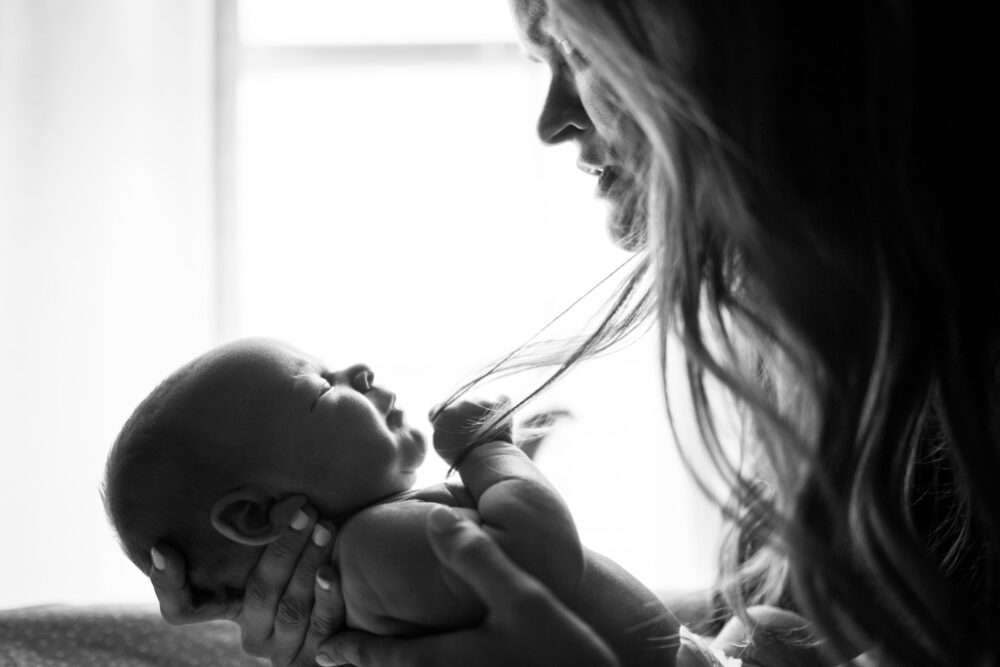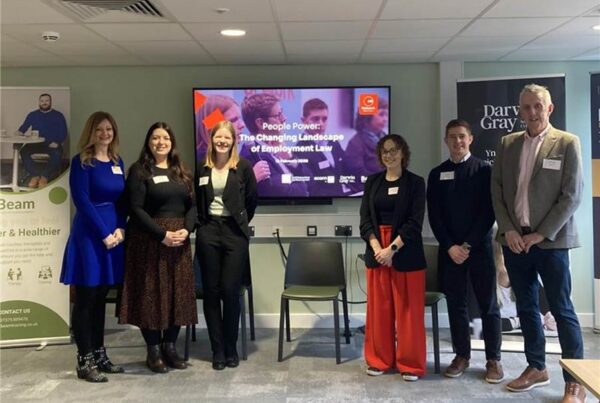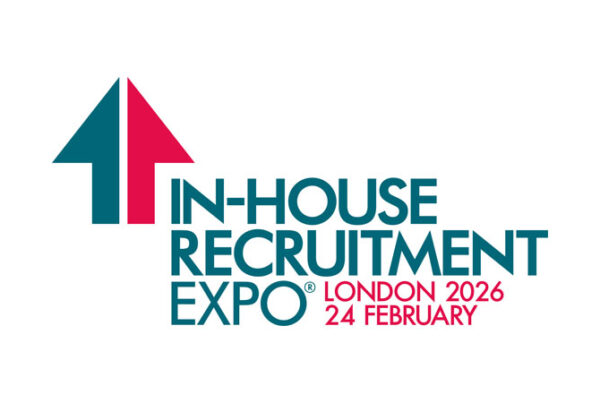The latest maternity statistics1 (released 29 November 2022) show that there were 578,562 babies born in NHS hospitals to the year-end March 2022. The trend for fewer spontaneous births continued: statistics show 20% of deliveries were via C-section, the highest since comparable data has been kept and up from 12% ten years ago, and inductions are at 33%, their second highest level in ten years, which can mean a more stressful, tense or painful start to parenthood for many.
For this reason, Peppy is advising employers to step up their support for employees at all stages of their parenting journey – not simply as parents return to work after maternity leave but from the very first stages of giving birth.
Vicky Carne, Director for Baby Services at Peppy said: “However a new baby enters the world, it can be a daunting time for the parents as they grapple with how best to care for their new baby and themselves. Being induced or having a C-section could mean the birth mother needs additional physical or mental support but in fact, any new parent could struggle with the practical and emotional considerations at this time.
“The best employer support will help from conception to the birth, during the immediate postpartum phase and beyond. Not only will support demonstrate the employers’ understanding of this exciting, yet often challenging time in employees’ lives but if it combines both practical and emotional elements it is a real lifeline for new parents.”
Peppy believes that in the workplace, absence does not necessarily make the heart grow fonder and that employees who have little support from their workplace or employer are less likely to return after maternity or paternity leave. However, the converse is also true: organisations that offer support via employee benefits and seek to maintain some connection are usually highly thought of and more likely to retain new parents as productive members of the workforce.
Vicky Carne, concluded: “Much of the workplace support available is aimed at the birth mother but it is vital that organisations provide support for families of all shapes and sizes. For example, the birth can also increase the risk of mental health issues developing in fathers and co-parents too.
“It’s not just the baby that might have teething problems. Parents need to adjust to their new role at home and then eventually back at work too. Many will want or need to work, so by providing holistic support from day one right through to those first few weeks and months at work, employers will make this particular milestone a much easier transition.”
- https://digital.nhs.uk/data-and-information/publications/statistical/nhs-maternity-statistics/2021-22#summary (See ‘Resources’: NHS Maternity Statistics, 2021-22: Summary Report Tables – Summary Report 1 and Summary Report 3)




